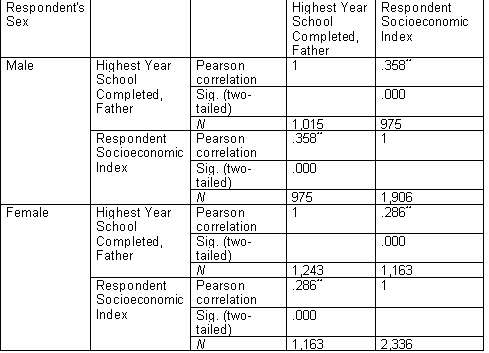When someone is not especially comfortable in groups, and/or with discussing
personal issues with others, his or her enthusiasm and optimism about getting
something out of it is dampened.
How would you try to help this person have the
best experience they can in the group?
a. Explore how their anxiety about group experiences may be keeping them
from a positive and useful experience and orient them to how the group is
conducted and how members will be supported and, if need be, protected
b. Explain how their discomfort about groups may make it impossible for them
to be part of the group and advise them to leave the group
c. Tell the person they are required to talk and participate in group meetings to
get the greatest benefit from the group
d. Explore how their anxiety about group experiences may be helping them have
a positive and useful experience and orient them to how the group is
conducted and how members will not be supported or protected
A
You might also like to view...
Which of the following is true about ethical relativism? a. Ethical relativists justify ethical decisions on the basis of the results of thedecision
b. Ethical relativism is criticized for not being concerned enough with results. c. Ethical relativism embraces fixed moral rules. d. Ethical relativism is a relatively new concept, dating from the late 19thcentury.
Interpret the table below.

Which of the following is a key component of social learning theory?
a) Reciprocal determinism b) Unconditioned stimulus c) Mindfulness d) Applied behavior analysis
Mentors often balance a multiplicity of roles. Which of the following would NOT be considered one of these roles?
a. Teacher and counselor b. Role model c. Guide and friend d. Partner